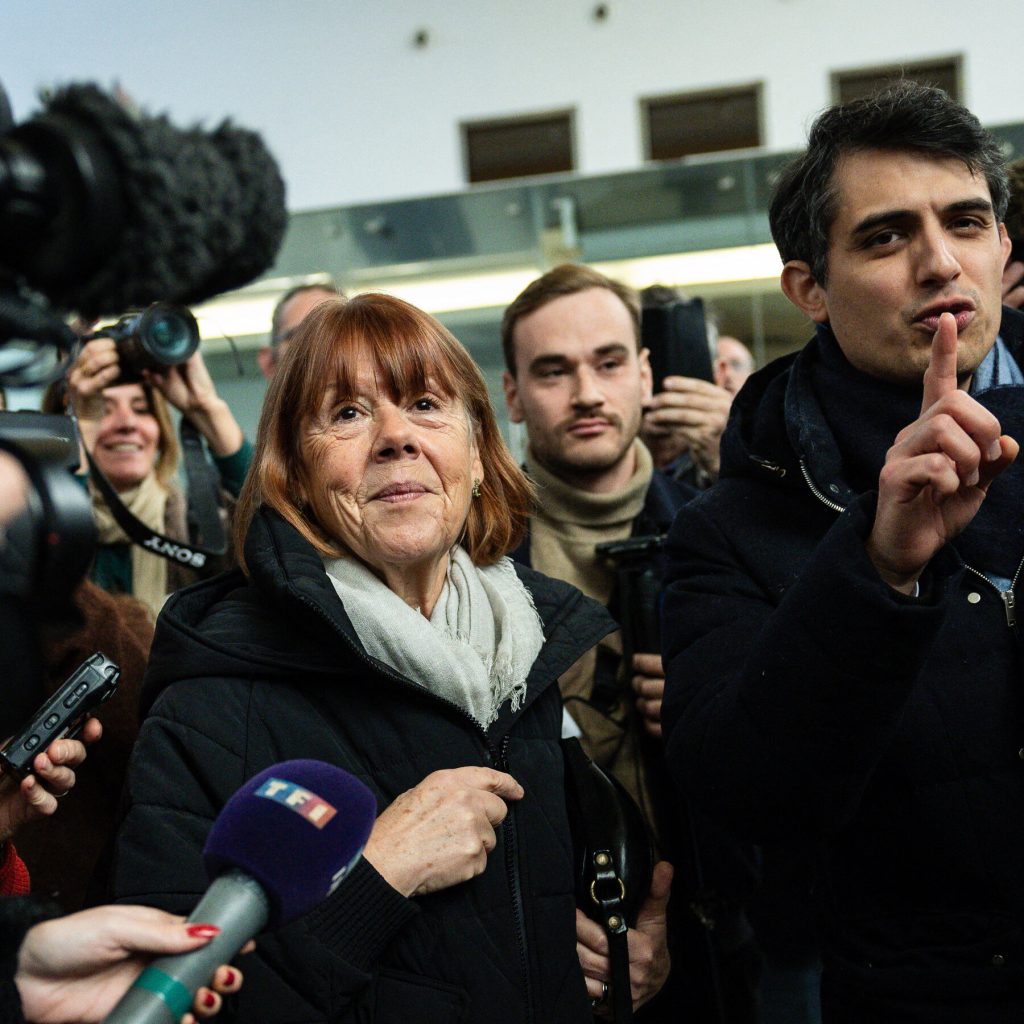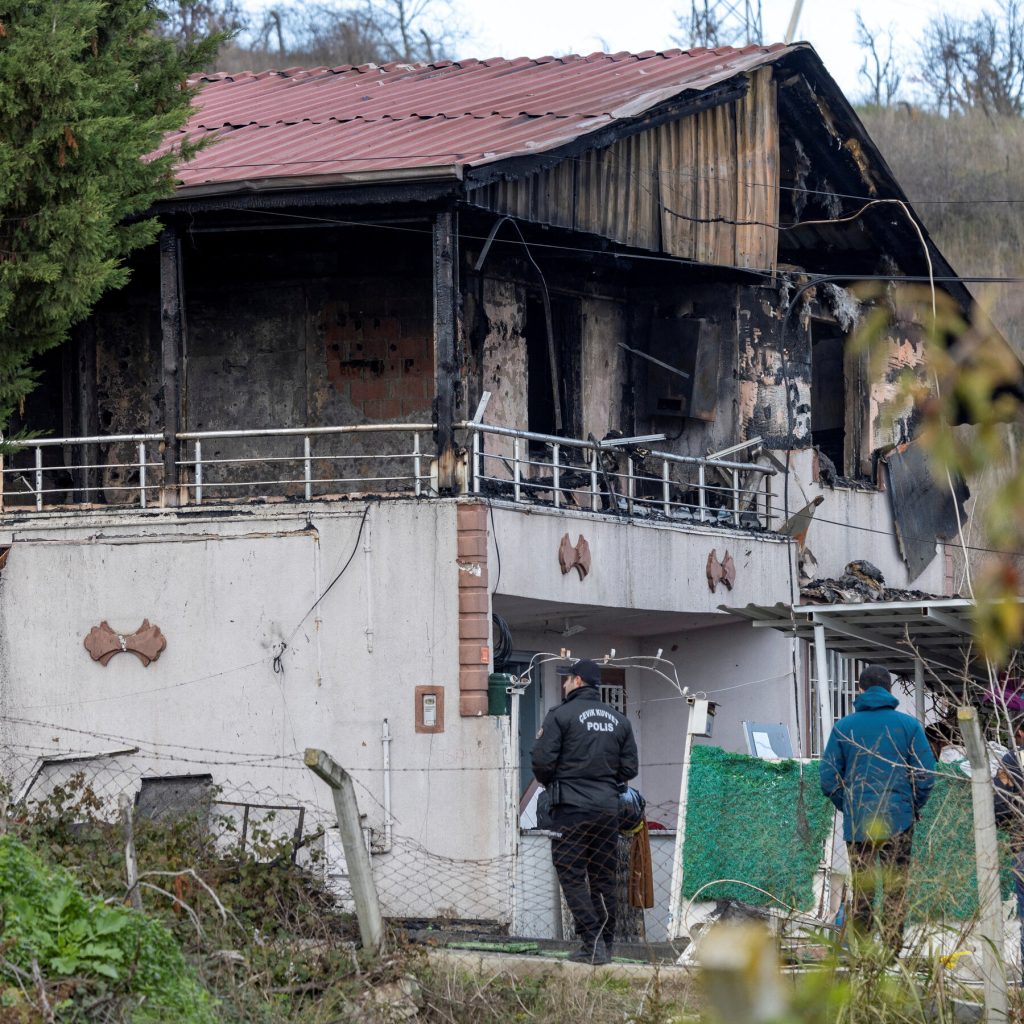Ukraine’s Anti‑Corruption Agencies Push Back Despite Zelensky Pressure
Background: A Government Standoff
In recent months, President Volodymyr Zelensky has repeatedly tried to curtail the powers of Ukraine’s anti‑corruption bodies, accusing them of politicisation and inefficiency. The moves have included proposals to amend the law governing the National Anti‑Corruption Bureau of Ukraine (NABU) and to reshuffle the leadership of the Specialized Anti‑Corruption Prosecutor’s Office (SAPO).
Agencies Remain Defiant
Despite the presidential pressure, both NABU and SAPO have continued their investigations unabated. Their latest breakthrough, announced this week, concerns a sprawling embezzlement scheme that implicates senior officials at Energoatom, the state‑owned nuclear power company that runs Ukraine’s four reactors.
The Scheme Uncovered
According to the anti‑corruption investigators, the scheme involved the diversion of more than ₴2 billion (approximately $75 million) from contracts related to the procurement of nuclear fuel and safety equipment. The funds were allegedly funneled through a network of shell companies, many of which were registered in offshore jurisdictions.
Key findings include:
- Falsified procurement documents that inflated project costs by up to 45 %;
- Collusion between Energoatom executives and private contractors to award contracts without competitive bidding;
- Use of “consultancy” fees as a cover for kickbacks paid to high‑level officials.
Political Repercussions
The revelation has ignited a fresh wave of debate in Kyiv. Opposition parties have seized on the findings, demanding that President Zelensky halt any attempts to weaken the anti‑corruption framework and call for the immediate resignation of the implicated Energoatom officials.
In response, the president’s office issued a statement asserting that the investigations are “politically motivated” and that any attempts to “undermine national security” will be met with “firm legal action.”
International Reaction
Western partners, including the European Union and the International Monetary Fund, have expressed concern over the alleged interference with anti‑corruption institutions. A spokesperson for the EU’s Eastern Partnership program warned that “ongoing attacks on independent watchdogs could jeopardise the financial assistance Ukraine receives for its reform agenda.”
Looking Ahead
Both NABU and SAPO have pledged to pursue the case to its conclusion, emphasizing that “no one is above the law, regardless of their position or political affiliation.” The agencies have also announced plans to submit a comprehensive report to the Verkhovna Rada within the next thirty days.
As the standoff between Ukraine’s anti‑corruption apparatus and the president’s office intensifies, the outcome of this high‑profile investigation may well shape the country’s reform trajectory and its relations with key international allies.







